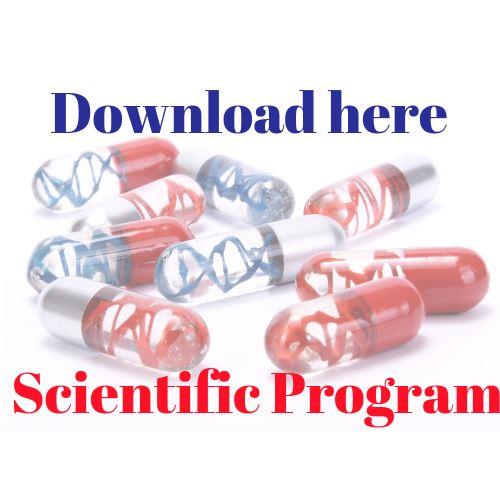
Anmar AL-TAIE
Osol Aldeen University College, Iraq
Title: Diabetes Mellitus and Cancer: Role and Recommendations of Clinical Pharmacist among Diabetic Cancer Patients
Biography
Biography: Anmar AL-TAIE
Abstract
Diabetes mellitus (DM) and cancer are considered as severe complicated conditions that can pose an additional significant clinical challenge and have a tremendous impact on health. The vast majority of DM cases are type 2, which are associated largely with older overweight age patients and those with family history. Studies showed that comorbid medical conditions such as DM affect 8-18% of all cancer patients. Such patients have fewer reserves in their body to fight against the various complications, such as infections. Moreover, chemotherapy could exacerbate pre-existing diabetes and induce hyperglycaemia especially in patients who already had a propensity toward developing the disease while their side effects can make it more difficult to keep blood glucose levels in control. Furthermore, stress accompanied the disease itself and the use of corticosteroids during chemotherapy, as part of the antiemetic regimes or to prevent allergic reactions caused by some chemotherapy drugs may be continued after chemotherapy for a certain period of time. Steroids can raise blood glucose levels pretty markedly and a few days of hyperglycaemia contribute to the uncontrolled DM in patients undergoing chemotherapy. In this regard, diabetes treatments need to be adjusted, especially around the time that the steroids are given.

